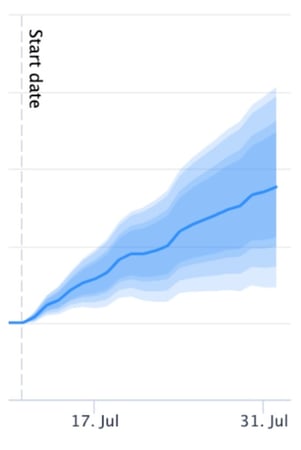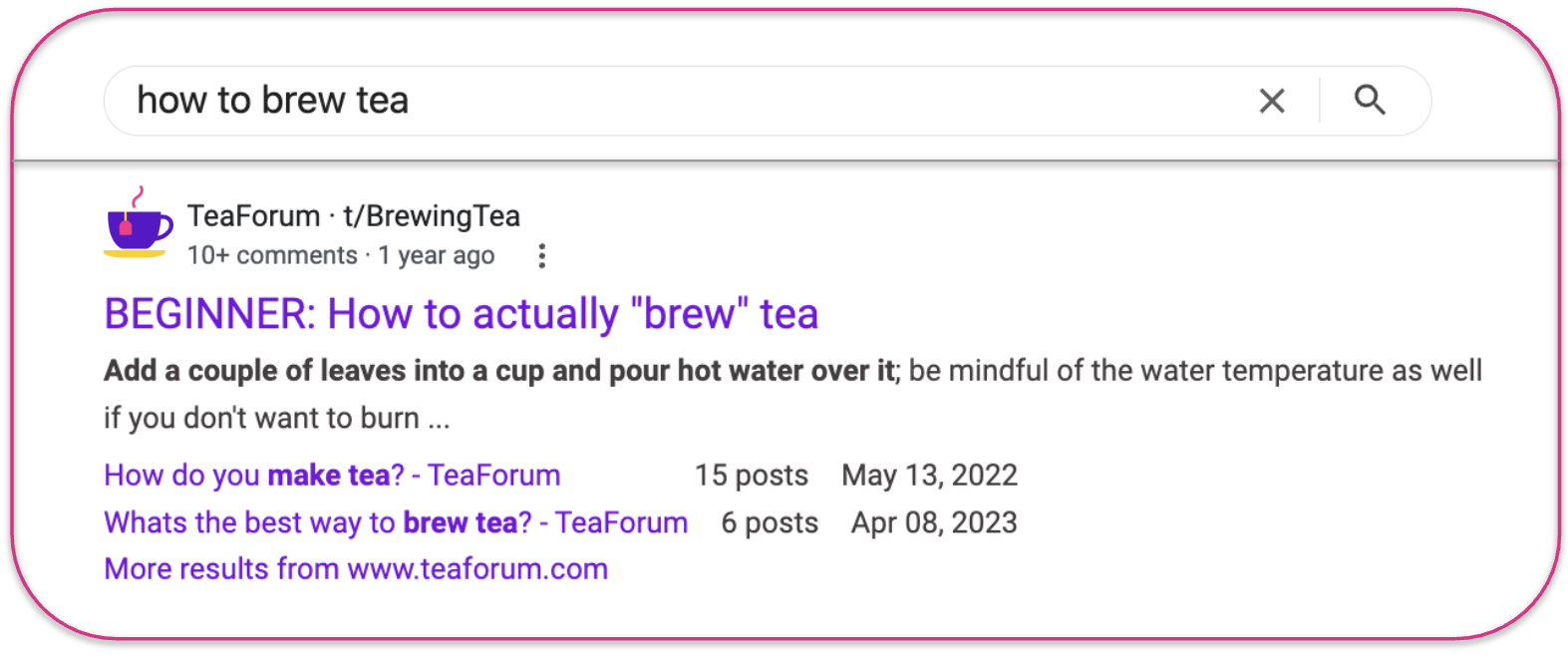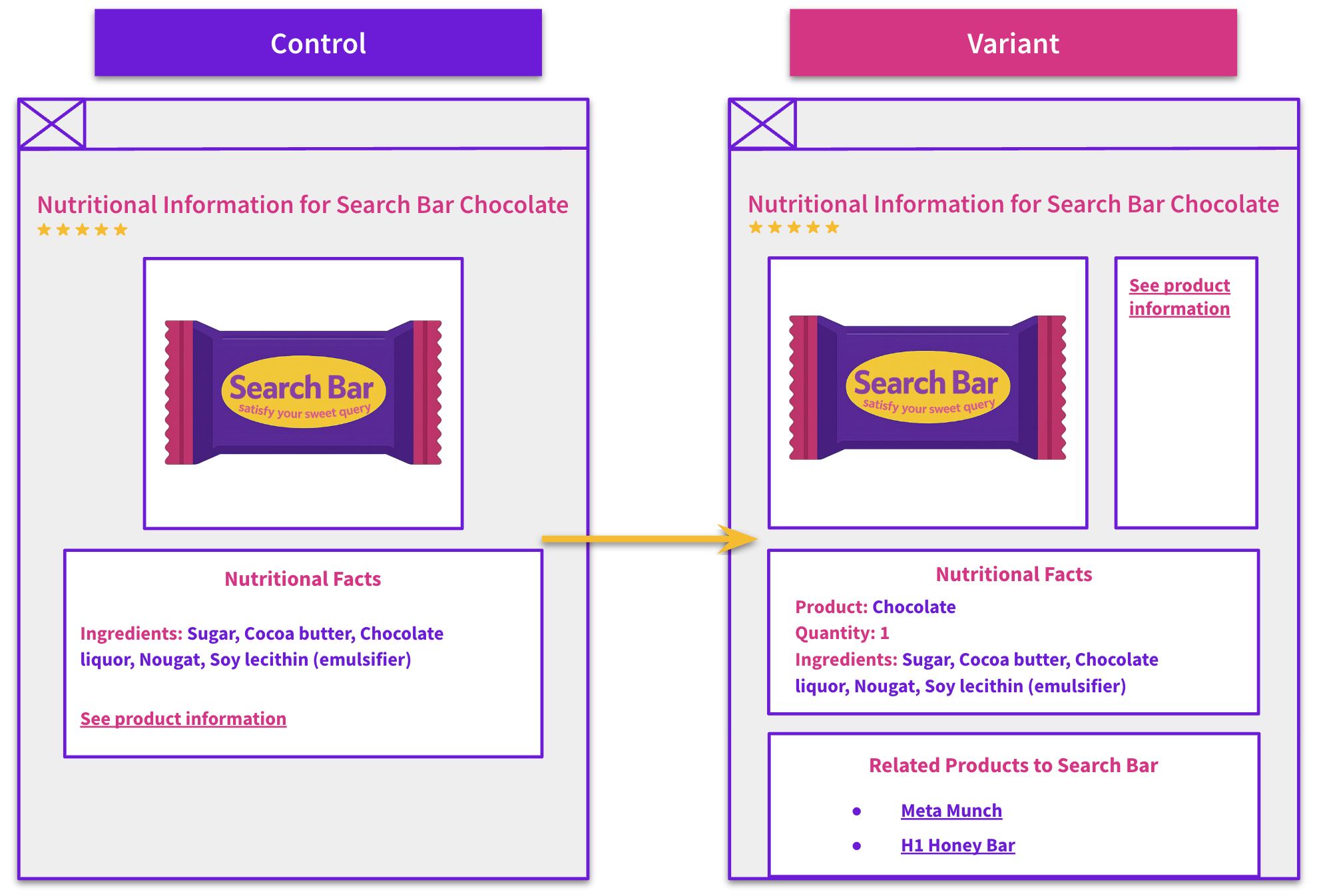Start here: how our SEO split tests work
If you aren't familiar with the fundamentals of how we run controlled SEO experiments that form the basis of all our case studies, then you might find it useful to start by reading the explanation at the end of this article before digesting the details of the case study below. If you'd like to get a new case study by email every two weeks, just enter your email address here.
For this week's #SPQuiz, we asked our followers on X/Twitter and LinkedIn whether they thought adding the word "best" to title tags would improve the click through rate for an e-commerce customer.
Here’s what they thought:
Poll Results:
Poll results on X/Twitter and LinkedIn revealed voters were evenly split between 'positive' and 'inconclusive' outcomes with a minority leaning towards a negative result.
The Case Study
Title tags can have a large effect on SEO performance, as they can have large organic traffic contributions via click-through rate as well as rankings. Generally title tags highlight information that might be useful to the user which causes them to want to click on a particular page. So, how can we improve title tags to entice users to click through to a page?
One of our e-commerce customers decided to test whether there’s an SEO benefit to adding the word "best" into title tags on product listing pages. We believe that "best" suggests authority and product quality, and users searching for products may include it in their search query, thus this test will be aiming to better match search intent and entice users to click through to a page from search engine results pages.
What was changed
We inserted the word "best" to the start of title tags for the variant group of pages.
Results

This A/B test resulted in a positive impact to organic traffic at the 95% confidence interval, with an estimated 11% increase in organic sessions.
From this result, we can conclude that the hypothesis was correct: incorporating the word "best" as a lever for buyers improved Google’s understanding of the page and better matched users’ search intent - enticing them to click into the page. The alignment in language not only increased the organic sessions but also improved Google’s understanding of the page's relevance for such searches.
The success of this test highlights the importance of continually optimizing title tags to better align with user intent and search behavior. It’s clear from this test that using language that resonates with users’ search terms can drive more traffic.
Going forward, this approach could be extended to other high-intent keywords to further capitalize on searcher behavior.
However, it's important to consider that this result might not be universal across all industries or product types. In some niches, especially those with more price-sensitive customers, other terms such as “cheap” or “affordable” might be more effective. Therefore, while this result is promising, further testing on different keywords and product categories could reveal additional insights into optimizing title tags.
How our SEO split tests work
The most important thing to know is that our case studies are based on controlled experiments with control and variant pages:
- By detecting changes in performance of the variant pages compared to the control, we know that the measured effect was not caused by seasonality, sitewide changes, Google algorithm updates, competitor changes, or any other external impact.
- The statistical analysis compares the actual outcome to a forecast, and comes with a confidence interval so we know how certain we are the effect is real.
- We measure the impact on organic traffic in order to capture changes to rankings and/or changes to clickthrough rate (more here).
Read more about how SEO testing works or get a demo of the SearchPilot platform.






